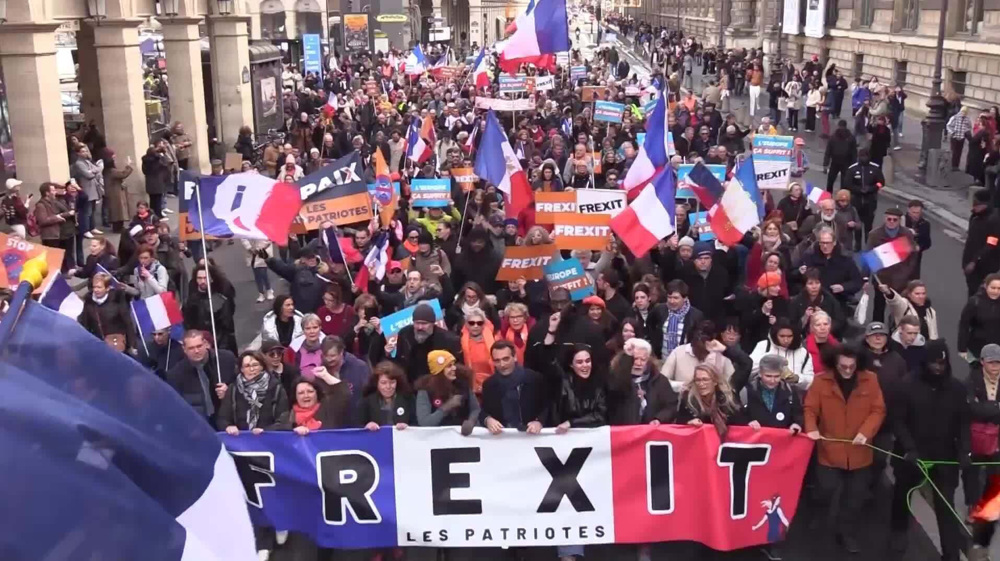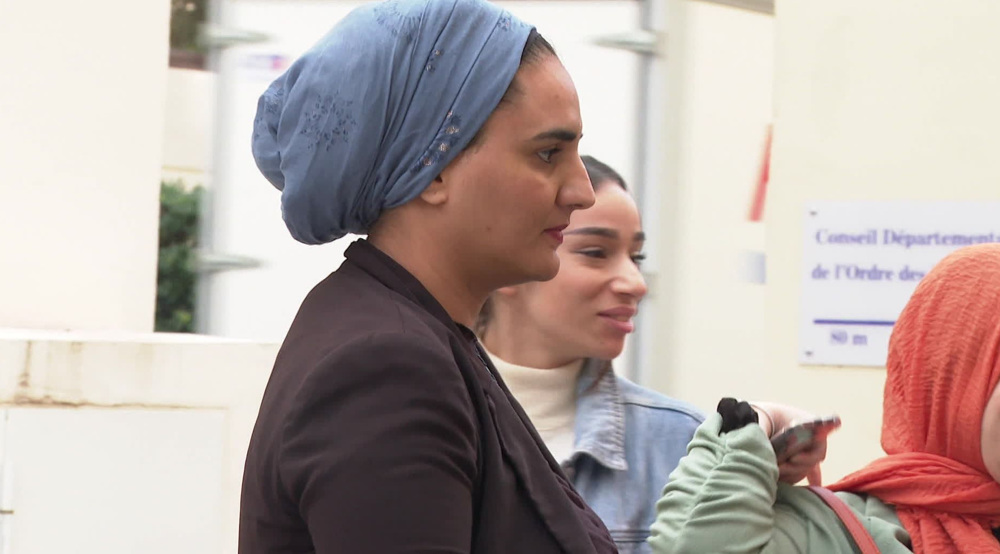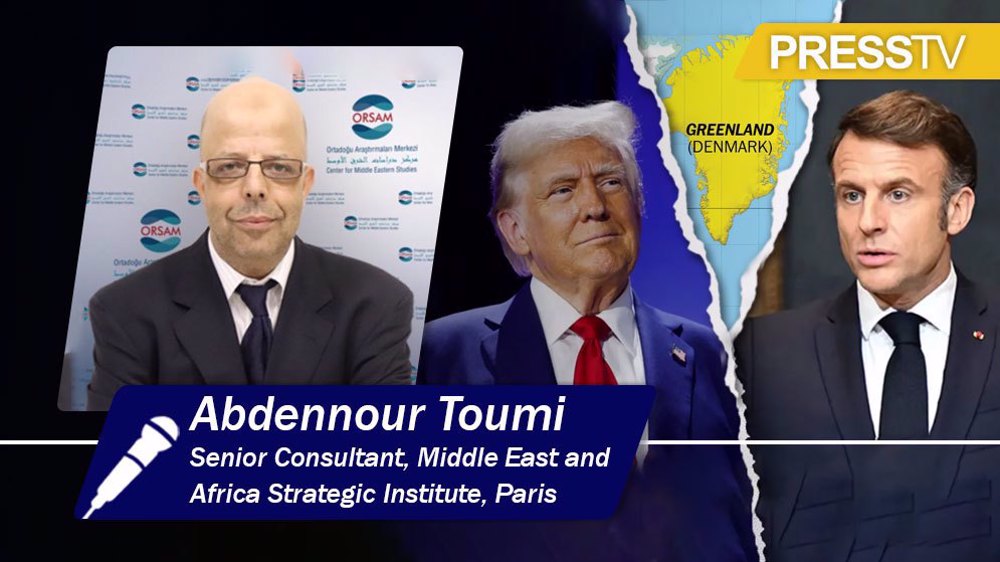Muslims in France slam Macron for Islamophobic remarks
Muslims in France have censured President Emmanuel Macron for his recent remarks in denunciation of Islam and in defense of secularism, saying the French president is stigmatizing Muslims by liking them to radicalism.
In a televised address on Friday, Macron said his government was working to propose a bill to France’s parliament next year to address what he called “Islamist isolationism and separatism.” Under the plan, France will fight what Macron described as the favoring of religious laws over France’s republican, secular “values.”
The French president also claimed that Islam is “a religion that is today in crisis all over the world.”
In response to Macron’s comments, 100 prominent French Muslims signed an open letter that called on the French government to stop stigmatizing Muslims.
“Stop the escalation of empty political and media debates. Stop the indictment of any speaker, Muslim or not, who does not subscribe to the racist speeches that have become omnipresent on our screens,” they said.
The proposed plan, which will be formally presented as a bill in December, expands on a 1905 law that officially separated religion from the French state.
“Behind this law, there is a real stigmatization,” said Nagib Azergui, founder of the Union of French Muslim Democrats political party. “[The proposal] is making a direct link between Muslims, terrorism, and radicalization.”
Azergui said he was concerned that one of the consequences of the proposed plan would be an increase in Islamophobia across France.
France’s Interior Ministry recorded 154 Islamophobic incidents in 2019, a 54-percent increase from the previous year.
The Collective Against Islamophobia in France (CCIF), which uses a different method of calculation, announced that it had recorded approximately 2,000 instances of Islamophobia last year.
Islamophobic and other extremist groups in Europe have been propagating against Islam.
Moreover, the rise of far-right ideology and the propagation of anti-immigration policies have also exacerbated the status of religious minorities in Europe.
VIDEO | Pakistan observes Kashmir Solidarity Day
VIDEO | Cultural exhibition in India marks 47 years of Iran’s Islamic Revolution
VIDEO | Pakistan pushes indigenous defense industry as global buyers seek alternatives
VIDEO | Al-Shifa receives martyrs' bodies amid organ theft worries
VIDEO | Healthcare on the brink: Palestinian hospitals face shortage of medical supplies
Rights group accuses EU of complicity in Israeli genocide in Gaza
Yemen’s leader calls for million-strong rally on Friday
Foreign Ministry: Iran FM heads to Oman for nuclear talks with US












 This makes it easy to access the Press TV website
This makes it easy to access the Press TV website